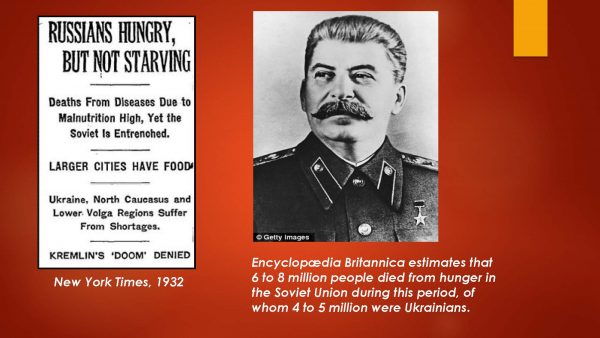WILL IT TAKE ANOTHER 90 YEARS? Back in February, Prof. Glenn linked here to a New York Post Op/Ed wherein it was raised (quite rightly, IMHO) that The New York Times ought to give back the Pulitzer Prize awarded them for their breathtaking, page-turning and epically false reporting on “Russiagate”, where the NYP pointed out:
“With the entire Russiagate affair exposed as a Clinton campaign fabrication, it’s the clear duty of The Washington Post and New York Times to give back the Pulitzers they won for “reporting” the fake news. Clinton campaign cash ordered up the “Steele dossier,” with Democratic operatives providing some of the rumors and a cynical Russian exile asking buddies to supply rank speculation for the rest. Other Clintonites actually hacked Trump computers, including White House ones after he took office, to create another smear, as Special Counsel John Durham’s latest filing revealed.”
Just as Harry Ried (D-NV) when caught lying about “Mitt Romney never having paid taxes” responded, “Romney didn’t win, did he?” So too, the DNC stenographers at The New York Times all but helped ensure that even normally intelligent people — some to this day — insist that Trump was a “Putin puppet” and do whatever they could to keep The Bad Orange Man out of the White House. After all, what’s lying to a bunch of rubes when compared to Saving Democracy From The Worst Man Ever?
So it was with a fair amount of interest I read David Folkenflik’s NPR story published yesterday wherein it seems that — at least regarding a 90 year-old story — higher-ups at The Times are openly reconsidering giving back the 1932 Pulitzer Prize awarded to the infamous Stalinist Walter Duranty, who published falsehood under the Times‘ banner. Most famously, Duranty dismissed claims that there was a deadly famine, and one that historians have roundly argued was engineered by Stalin himself.
As a professor of media law and ethics, I’ve lectured quite a bit on “fake news” and in teaching that it has been around for quite some time, I share this graphic with students:

Folkenflik does a nice job of revisiting the Times‘ revisiting the issue. He notes that:
“In 2003, public pressure led the Times and the Pulitzer Prize Board to conduct parallel reviews of Duranty’s work and the prize. The board found no “clear and convincing evidence of deliberate deception.” It decided against withdrawing his award. (The Pulitzer Prize administrator at the time, Sig Gissler, declined to comment for this story.) Then-Times Publisher Arthur Sulzberger Jr. said he had concluded stripping Duranty’s work of the award would be like airbrushing history — in essence, a “Stalinist” approach. (A historian hired by the Times as a consultant in evaluating Duranty’s work would publicly denounce that conclusion shortly after.) The newspaper publicly posted an essay representing its institutional position, calling his work discredited and explaining why.”
Fast forward to today, where there is perhaps a glimmer of hope that major news organizations actually start to take responsibility for knowingly false stories:
“It was a very different time and place,” says Joseph Kahn, who is about to rise from managing editor to executive editor at the paper. “The notion that you have a single correspondent on his or her own defining a take on a major story doesn’t feel like the world we live in today.” Kahn, a former foreign correspondent and top international editor for the paper, says the Times has 40 journalists in Ukraine right now. He says what the Times is doing now is in some ways making up for the paper’s past shortcomings. The paper has shined a light on potential Russian war crimes and Russian propaganda efforts.”
Perhaps it will take less than 90 years for The New York Times to reconsider their prize-winning and utterly false “Russia” reporting.
